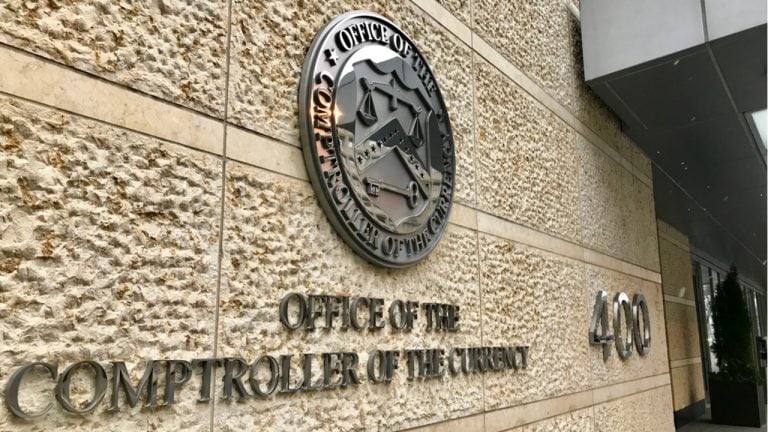
Fraudsters Impersonate a US Federal Agency by Sending Emails Asking for Bitco...
U.S. consumers have been receiving fake emails that attempt to impersonate a federal regulatory agency which has raised alarms among crypto community members. The U.S. Office of the Comptroller of the Currency (OCC) warned that such bogus messages ask people for their bitcoin wallet keys. Fictitious Message Contains Several Grammar Mistakes and Typos According to the alert published by the OCC, the fake email claims to be signed by senior officials of the agency. They took the opportunity to warn people that the federal entity holds no virtual currencies, such as bitcoin (BTC), on behalf....
Related News
Cybercriminals in Australia are exploiting the country’s official cybercrime reporting platform to impersonate federal police officers and steal cryptocurrency, prompting urgent warnings from national authorities. Related Reading: Ethereum’s Fusaka Upgrade Is Just Around The Corner—What To Expect The scheme, uncovered by the Australian Federal Police (AFP) and its Joint Policing Cybercrime Coordination Centre (JPC3), highlights […]
The Argentinian Tax Agency (AFIP) is watching the movements of cryptocurrency traders and holders, to tighten its control over their transactions. The institution is now sending emails to Argentinian citizens asking for a series of data regarding supposed cryptocurrency operations made in their names. The agency requires the public keys of the citizen and a list of transactions made during a certain time period.
Argentinian Tax Agency to Scrutinize Crypto Users
The AFIP, the Argentinian tax watchdog, has decided to take the battle against cryptocurrency tax evasion directly to....
The Securities Exchange Commission (SEC), US Government agency, has issued a warning about cryptocurrency's associations with Fraud and Ponzi schemes. They issued a statement warning that: They are more likely to be used by fraudsters to perpetrate fraudulent investment schemes. Dara Kerr, writing in CNET, reports that the US Securities and Exchange Commission (SEC) issued an advisory on Wednesday that warned potential investors to be wary of Bitcoin and other cryptocurrencies. The advisory states that: "Both fraudsters and promoters of high-risk investment schemes may target Bitcoin....
As bitcoin becomes more popular and attracts mainstream users, scammers are resorting to tried-and-tested tricks like phishing emails and imitation websites to steal your funds. Follow these tips to keep yours safe. 1) Don't be greedy. Screenshot via Imgur user GreenFox. Phishing emails targeted at bitcoin users have so far come in a variety of flavours, the most blatant of which involves a person ostensibly sending you their wallet backup file and private key and asking you to send their bitcoin to another wallet address. The bait here is that you'll take the money and run. But as Imgur....
A new malware that steals passwords and bitcoin from cryptocurrency wallets has been discovered by Cyren, an Internet security service provider, according to the company’s blog. The malware targets banking customers, and according to Cyren, is carrying out a massive campaign. The emails inform the recipient of a deposit. The emails originate mainly from bots in the United States and Singapore, and are branded as being from various banks, including Emirates, NDB and DBS. The malware is a keylogger that is carried as an attachment to emails for fake bank transfers. Once the victim opens the....





